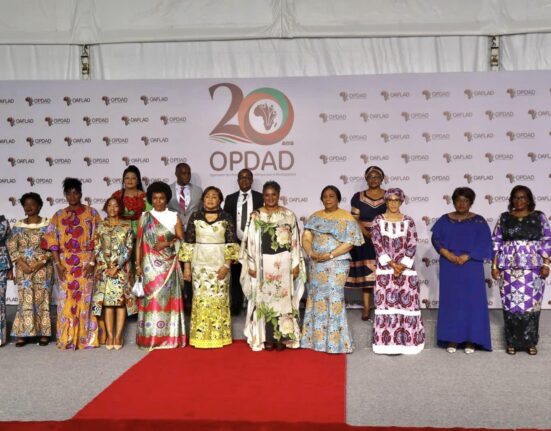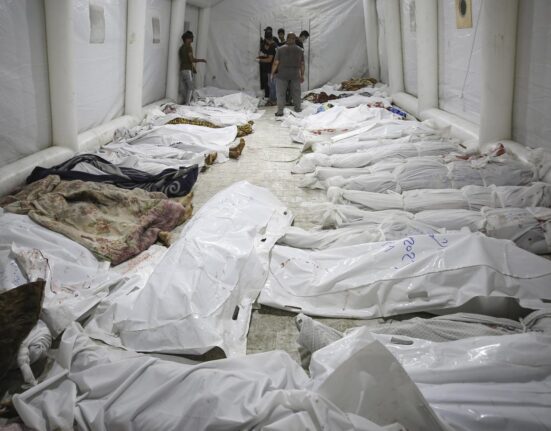Tension is palpable in South Africa as the one-year mark approaches for the Government of National Unity (GNU). The coalition, comprising ten parties, was established after the African National Congress (ANC) failed to secure a parliamentary majority due to corruption allegations. This unprecedented formation marked a shift in South Africa’s political landscape and raised hopes for a more transparent and accountable government.
The Democratic Alliance (DA), South Africa’s second-largest political party and a member of the ruling coalition, recently lodged a complaint against Minister of Higher Education Nobuhle Nkabane. The DA accuses her of misleading Parliament to appoint individuals affiliated with the ANC to educational boards fraudulently. This move intensified existing tensions within the GNU, particularly concerning corruption allegations and governance issues.
“Corruption in the executive has become a standard practice under Cyril Ramaphosa’s presidency,”
remarked a DA representative regarding the accusations against Minister Nkabane. The party also highlighted an ongoing police investigation into corruption involving another ANC minister, Thembi Simelane, indicating broader concerns about ethical standards within the government.
The conflict within the GNU deepened when Andrew Whitfield, a DA minister, was dismissed for an unauthorized trip abroad. This incident further strained relations within the coalition, leading to the DA’s withdrawal from President Ramaphosa’s “national dialogue
” initiative aimed at addressing national challenges.
Despite these internal disputes and public condemnation of corruption, the DA has opted to remain in the government rather than exit—a decision that reflects their commitment to combating malpractice while navigating complex political alliances. Baxolile Nodada, a DA parliamentarian, expressed frustration over perceived inaction against corrupt ministers: “
We are taking action because…refuses to act against corrupt ministers.” This stance underscores both their determination to uphold integrity and their strategic approach towards influencing governance from within.
Sanusha Naidu, a prominent political analyst and researcher in South Africa, noted that these developments underscored fundamental challenges inherent in political coalitions. The delicate balance between confronting misconduct within government structures and maintaining stability highlights broader systemic issues that require nuanced solutions.
As South Africa grapples with this latest scandal amidst its experiment with collaborative governance models under challenging circumstances, citizens watch closely as leaders navigate through turbulent waters towards ensuring accountability and transparency in public office.








Leave feedback about this